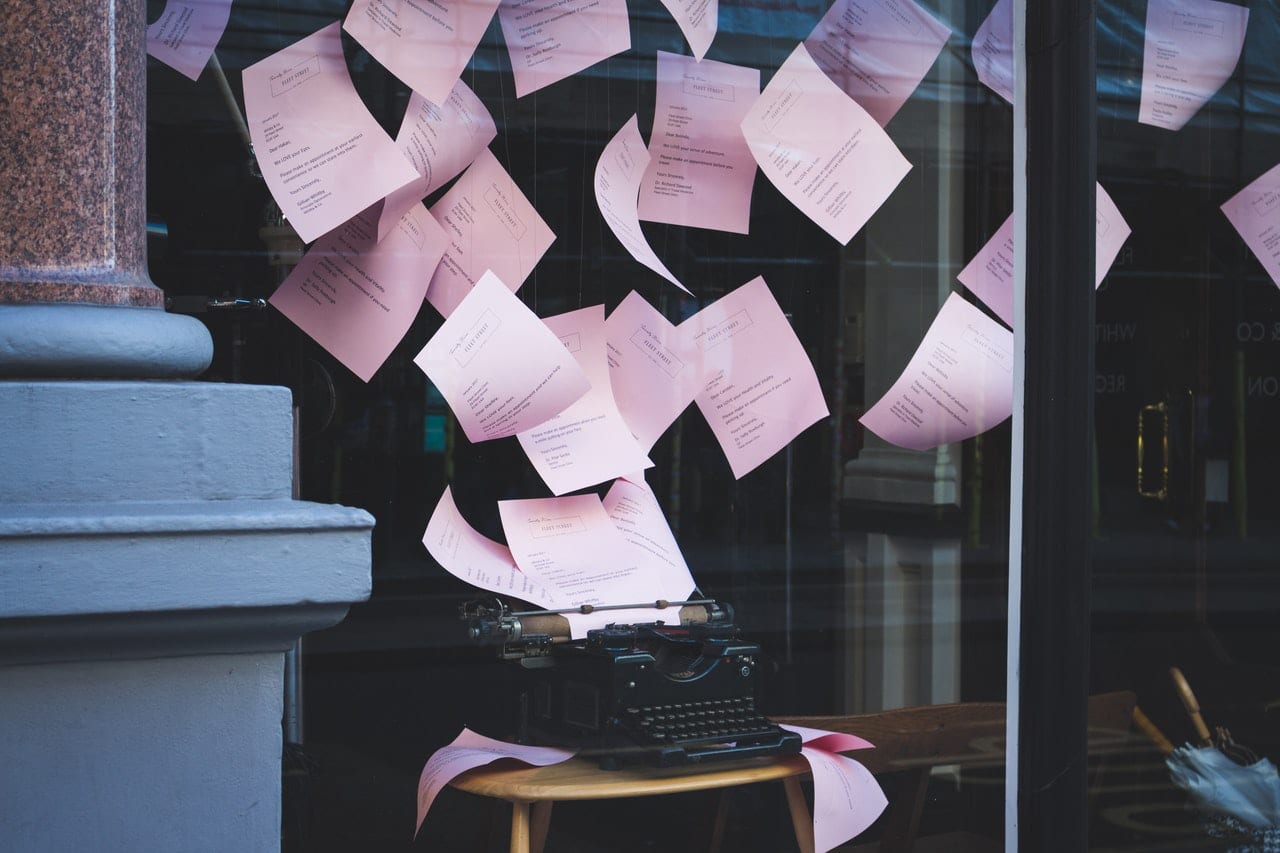
10 Lease Documents Every Landlord Needs to Protect Themselves

You can’t close a rent agreement with just a handshake! Nowadays, nothing is verifiable (or provable in court) until there’s lease documents to back it up.
Still, we’re amazed at the number of landlords who don’t get important information in writing when dealing with their tenants.
Landlords are required to process and manage multiple lease documents with their tenants. This takes time and requires a good organizational system, but it’s well worth the effort, as documented agreements protect both parties when disputes crop up.
Unfortunately, disputes are inevitable in the rental industry (unless you have perfect A+ tenants all the time, which is anything but a guarantee). And when you come across one, you’ll be glad you kept all the paperwork on file!
To help you make sure you’ve got all your bases covered, we made the following checklist of lease documents that you need to have on record for every tenant:
The Rental Application Form with Background Check Release
After running a pre-screen check, communicating your criteria, and showing the property to prospective tenants, you need to provide a rental application form and conduct a thorough background check.
The form serves as a signed release allowing you to legally approach companies and ask for credit scores, income, and employment information regarding the applicant. Without the ability to check all of these, you could end up with a who might neglect your property or be irresponsible with rent payments.
At the very least, the rental application form should have the following:
1. Applicant’s full name
2. Applicant’s date of birth
3. Applicant’s Social Security number
4. Applicant’s signature for authorization
To save time on creating a rental application form yourself, you can download free templates that already include all of these.
The Holding Fee Agreement
Once the rental application form is filled up, you want to lock them in with a holding fee. This fee is paid by the prospective tenants to “reserve” the property while you process their application.
Here are three ways that the holding fee protects you as the landlord:
1. It stops the tenant from “shopping around” while you conduct their background check.
2. It pressures the tenant to complete their documentation or risk losing the holding fee.
3. It protects you from losing too much time and money if the tenant bails.
The lease documents needs to include the following details:
1. The amount required (usually one month’s rent)
2. The screening requirements they need to fulfill (or they forfeit the fee)
3. The circumstances that could make the fee refundable
You can also use templates and read up on holding fee agreements to help you construct your own holding fee document.
The Move-in and Move-out Checklist
The Move-In checklist is all about making sure the property is ready for the tenant. This document verifies the condition of a property before a tenant moves in.
If you’re not sure where to start, we suggest that you run through the Move-In checklist together with the tenants. Bring your phone and tape measure, then go through the property to record everything. The more accurately you document, the easier it’ll be to decide how much to withhold from the security deposit if anything is broken, damaged, or missing.
The move-out checklist is compared to the Move-In checklist when the lease ends, confirming the condition of the property after the tenant’s stay.
Though these are only required in certain states, both checklists are highly recommended to simplify the process and keep evaluations fair. You don’t want to end up in court – where it’ll be your words against the tenants – just because the property damage can’t be proven.
The Lease
The lease brings landlords and tenants together in a legally binding contract. The lease protects both you and your tenants, as nothing can be changed without the written consent of both parties—breaking any of its agreements might also result in legal consequences and monetary penalties.
In most states, there are Consumer Protection Laws in place for residential leases. Particularly for Michigan, where we operate, the following are required:
1. Warnings
2. Security Deposit
3. Domestic Violence Clause
4. Senior Living release
Every standard lease should also cover the following areas:
1. Start and end dates
2. Rent amount
3. Rent payment due date
4. Late fees
5. Security deposit
6. Utilities
7. Maintenance
8. Damages
9. Landlord’s right of entry
10. Early termination options
11. Renewal process
12. Move-Out process
Need more explanation on how all of these are written in a lease? We’ve written guides on detailing the tenant’s responsibilities, and what the landlord is expected to do.
Additional Documents
On top of the four most important documents, there are additional documents that also protect you as the landlord. These include:
1. Key Receipt/s
2. Pet Addendum
3. Tenant’s Emergency Contacts
4. Renter’s Insurance
5. Utility List
Overwhelmed with the amount of paperwork? We advise that you collect and store them on virtual or online clouds. Still keep the hard copies, but have digital versions that can’t be damaged by fires or floods. Doing this also helps keep your files organized, and simplifies the file retrieval process.
Conclusion
While these 10 lease documents are crucial, they are not all you need. If you have non-paying tenants or want to change items in the rental agreement, you’ll need documents for late rent notices, lease amendments, and rent increase letters, as well.
There might also be state and federal required addendums, so we advise you to get in touch with a lawyer or property management company for the local laws. They can guide you through the process and ensure that you have all the necessary lease documents to protect your rental property investment as much as possible.
Anything else we missed in the checklist? Let us know below.
Image Courtesy of Dom J
It’s interesting to know how many legal documents you will need as a landlord. I didn’t even know that you will need a legal document for the security deposit and other sorts of transactions. My brother plans on starting his own apartment for rent business and he’ll have to hear about this article. That way he can avail of the proper landlord legal advice if he ever has need of any of these documents.